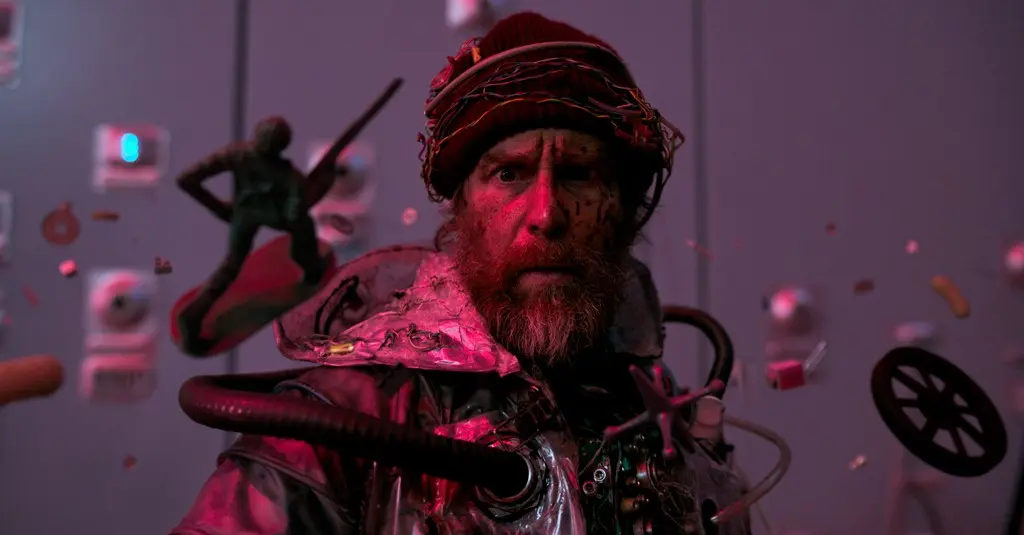NR | 1h 32min | Documentary, Wildlife | 7 February 2023 (India)
The only documentary ever to win at both the Cannes and Sundance film festivals, the Indian-produced “All That Breathes” (“ATB”) did the same thing at nine other gatherings and has been nominated for a half-dozen more industry awards, including an Oscar.





